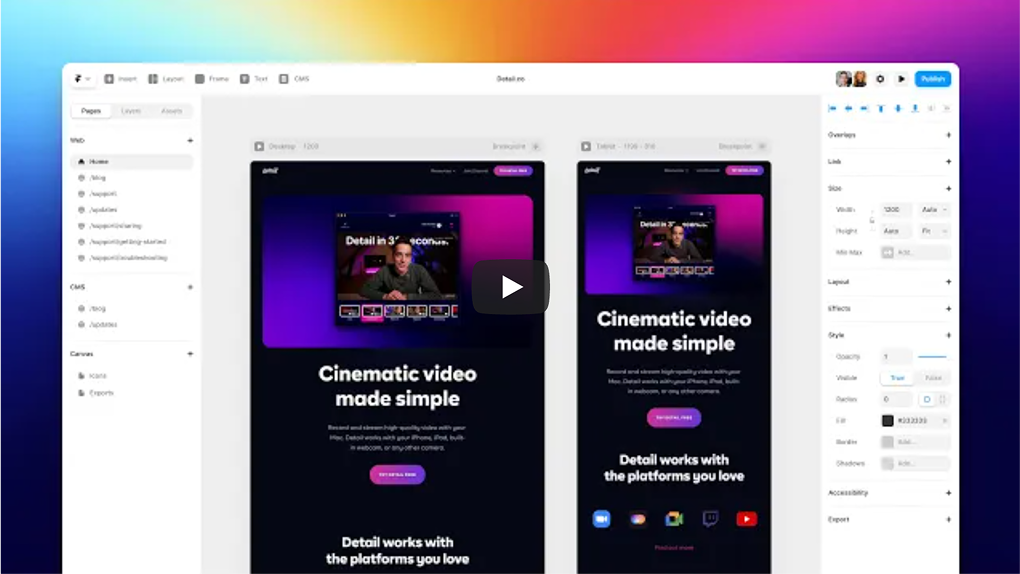
Is your team taking enough Initiative?
July 4, 2022

“Seize the opportunity!”
“Push your boundaries!”
“Go the extra mile!”
If you’ve been brought up in an Asian household, achieving beyond what’s expected of you is probably something you’ve been brought up with. Spiritual gurus have been talking for a while about how looking beyond the obvious is the first step towards personal and professional growth. We hear this in every motivational, self-help talk out there. However, it is only now that this emotional intelligence trait has been realized as one of the most vital factors for organizational success — Initiative. It almost sounds elementary, but it’s not.
We’ve spent a lot of time deep-diving into why it’s super important to have emotionally intelligent teams. The idea of this blog is to really deconstruct what that means, and step one is to understand a crucial emotional intelligence trait — Initiative.
This is how we define Initiative at Fundamento:
Initiative is being able to proactively seize opportunities and achieve beyond what is required or expected.
How does this really play out?
According to HR Dive, one of the most prevalent organizational deficiencies today is accountability, which directly affects initiation behaviors of managers, leaders and employees. Today, top leaders have begun to understand what initiation behavior is and have been working towards effectively developing the trait not just themselves but also in their teams. There’s enough research out there that indicates how managers and HR professionals emphasize the need for proactiveness in team members and top management for the overall growth of an organization. Especially with startups, the key to scaling up an idea while working with a small team is the ability of the team to take ownership, accountability and be proactive.
With workplaces moving to virtual spaces and interactions becoming less physical post the global pandemic, Initiative plays a huge role.
What is an Initiative approach at the workplace?
Employees taking responsibility and ownership of everything they do is the first step towards taking Initiative. It entails delivering what was expected from them and delivering it with the best of their abilities. However, taking Initiative goes beyond just that. People who have a strong Initiative trait tend to also be termed as proactive and opportunistic.
This is primarily because Initiative means being proactive, recognizing new opportunities and seizing them on-the-go. You don’t wait for an SOP to tell you to do it and that is what sets you apart. It’s a trait that is highly valued and assures you a rewarding career as it ends up yielding unexpected results.
But why is Initiative so important?
A lot of people question this. Isn’t doing what is expected of you enough to succeed? We dug up some closely-related data to understand this better.
- Research shows that employees and managers who are involved in goal setting are 3.6 times more likely to engage in the overall growth of an organization, but only 30% are actually involved.
- A study by Gallup stated that only 21% of employees are motivated by incentives and pay, which were traditionally used to manage and increase productivity.
This research might seem disconnected from what we’re discussing but let’s zoom out and see the larger picture. Our workplaces are now dominated by Millennials and the Gen Z is just stepping in. This new segment of the workforce brings with them a new set of expectations including a larger purpose, personal growth and new opportunities that they can be a part of. In the midst of this changing workforce dynamic, employers are looking at ways to achieve multigenerational workplace stability while ensuring there is constant productivity at play. Initiative plays a very important role in establishing expectations and providing feedback. It has shown an increase in proactiveness and in turn the performance of the employees. Studies have revealed that employees who know what is expected of them and take Initiative are around 2.5 times more engaged and motivated to show more outstanding work.
Here are some advantages of having a team with strong Initiative:
- Enhances the overall performance
- Increased levels of participation in organizational growth
- Employee performance development with a sense of increased competency
- More creative and innovative solutions
- Collaborative workplaces
- Increased employee involvement in decision-making
- Higher employee satisfaction
Workplace proactiveness can help your organization enhance your overall growth and help scale up businesses in the short and long-term.
Fundamento helps organizations measure and develop behavioral skills and emotional intelligence traits, such as Initiative, in their workforce.
Read more here.



